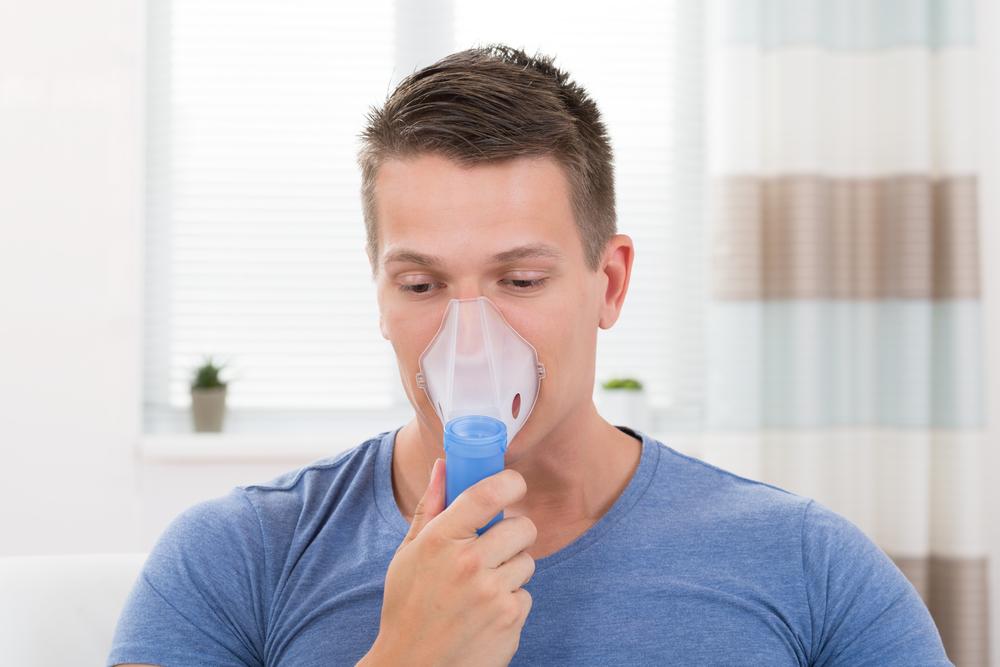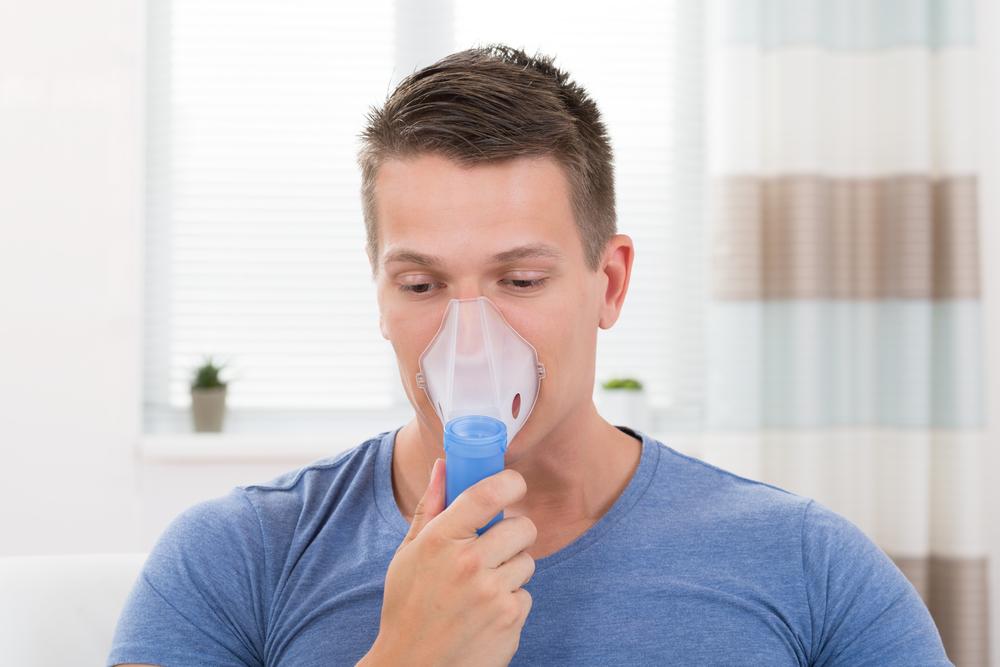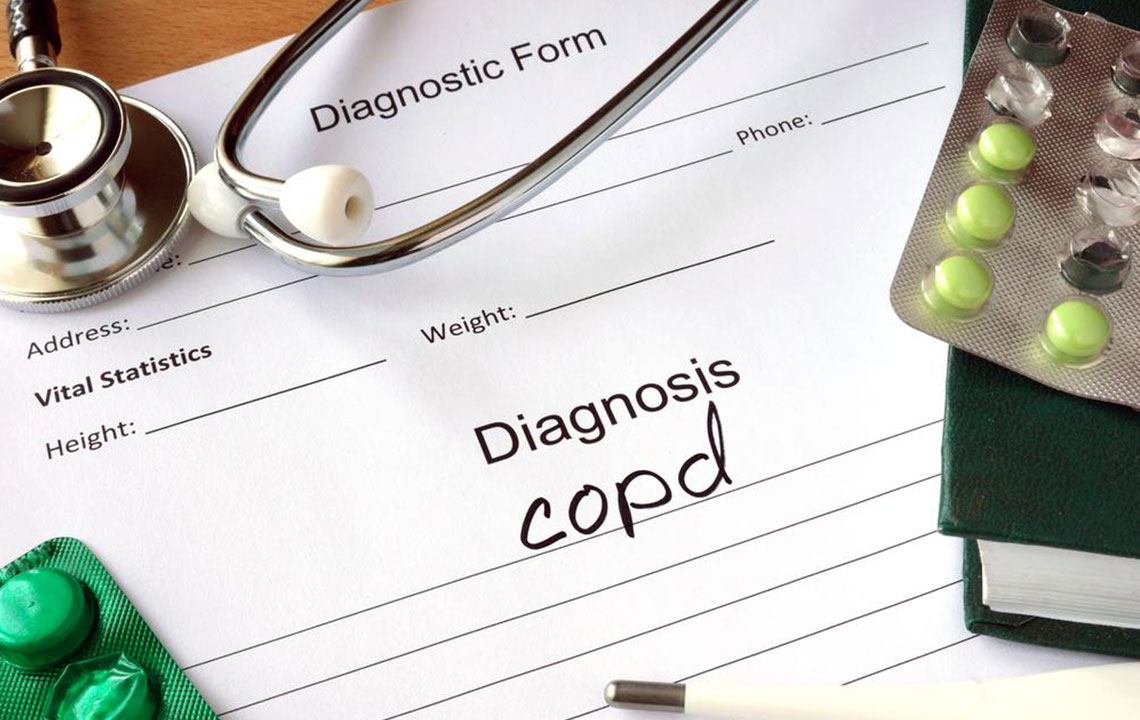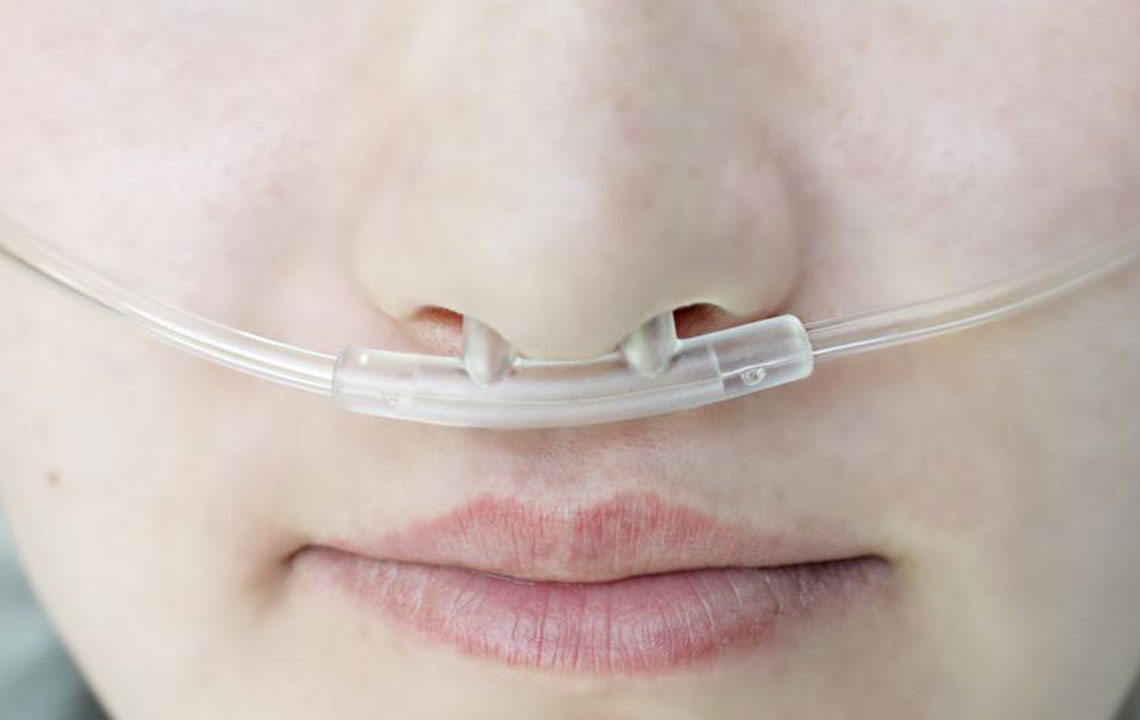Comprehensive Approach to COPD Symptoms and Progression Management
This article offers a detailed overview of COPD, focusing on its symptoms, stages, and management strategies. It emphasizes prevention, early recognition, and treatment options like medication, lifestyle changes, and oxygen therapy. Understanding COPD progression helps patients better manage their condition and improve quality of life. The importance of avoiding irritants and quitting smoking is highlighted as key preventive measures. Regular medical consultation and vaccinations are recommended to prevent complications and manage symptoms effectively.

Comprehensive Approach to COPD Symptoms and Progression Management
Chronic obstructive pulmonary disease (COPD) is a respiratory condition characterized by airflow limitations and difficulty breathing. It tends to deteriorate over time, primarily due to factors like smoking and genetic predisposition. Exposure to irritants such as smoke causes inflammation and tissue damage in the lungs, leading to narrowed airways and impaired lung function. Prevention focuses on avoiding harmful exposures and quitting smoking. Treatment options include medications, pulmonary rehabilitation, and, in severe cases, lung transplants. Hospitalization may be required for advanced stages, especially during exacerbations.
Recognizing symptoms early can aid in effective management. Common signs include changes in sputum color, persistent cough, shortness of breath, rapid breathing, and bluish skin coloration. COPD severity is classified into four stages based on lung function tests: mild (Stage 1), moderate (Stage 2), severe (Stage 3), and very severe (Stage 4). Managing COPD involves lifestyle adjustments such as avoiding irritants, quitting smoking, regular exercise, and adhering to prescribed medications like bronchodilators and antibiotics. Supplemental oxygen and physiotherapy may be recommended for advanced cases. Vaccinations are essential to prevent infections that worsen COPD.
Important Note:
This article provides general information on COPD symptoms and management. It is not a substitute for professional medical advice. Consult healthcare providers for personalized treatment plans and diagnosis.










